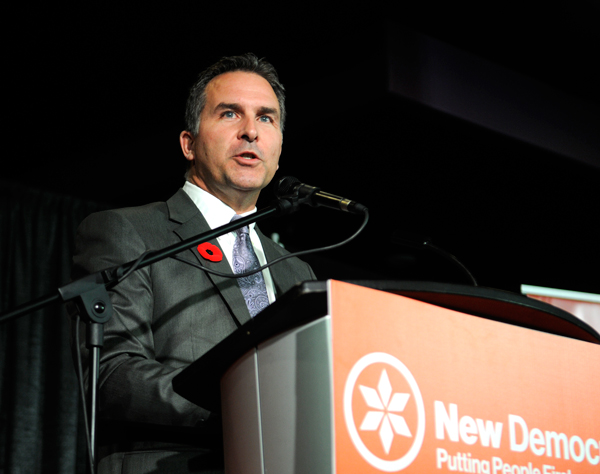
The recently-released report into the conciliation efforts between the province and Saskatchewan Teachers’ Federation shows some progress on some issues.
The conciliation board didn’t make a recommendation in regards to the issue of class size and composition, rather urging the two sides to meet, but did suggest ways forward to address the other two key STF concerns — salary and substitute teachers.
The province proposed a zero per cent, two per cent and two per cent salary increase, while the STF was hoping for increases of two, three and three per cent.
The last contract, which ended after the 2018-19 school year, had zeros across the board except for a one per cent increase in the final year. The payment of that increase was deferred to the last day of the contract.
The province argued that the one per cent increase as a part of the last contract should count as a one per cent increase at the beginning of this contract. It also argued that the teachers’ contract should follow the pattern of other public sector settlements.
Those resulted in two years of zeros, one year of a one per cent increase and two years of two per cent increases.
The conciliation board agreed with the provincial government’s general position but disagreed that the one per cent increase from the last contract should apply to this one, too.
“The one per cent was a 2018-2019 increase gained in arbitration, the enjoyment of which was delayed,” they wrote.
“The teachers should not now be deprived of the benefit of their award by deeming the one per cent increase to be something it is not.”
Instead, the conciliator suggested salary increases of one, two and two percent over the three years of the contract.
Education Minister Gord Wyant said the government is “pleased” to see the report from the conciliation board.
“I think it confirms generally the position that the government’s taking with respect to negotiations with teachers,” he said.
“We hope it’s going to be kind of the impetus for everyone to return to the bargaining table.”
The report also suggested school boards create a list of substitute teachers they provide each month to the STF.
The STF had brought up concerns that current lists aren’t up-to-date, and substitute teachers weren’t getting proper representation.
Substitute teachers become STF members and pay dues when they’re employed. The STF said they had no way of knowing who substitutes were, how they got put on lists and why they were taken off.
“They have no sense of security or due process in regard to their employment,” the conciliator said of the STF’s position.
The recommendation that school boards provide monthly lists to the STF is “amenable,” president Patrick Maze said.
“We would prefer to have a more tightly worded contract so substitute teachers have a more formalized, recognized means of identifying what their employment relationship is with their division, he said.
Still, “having the divisions send their lists gives us the ability to communicate with (the teachers) and represent them in some situations. Prior to that, … it was hard for us to keep track of who our substitute teachers really are. We want to be able to represent members. If substitute teachers pay dues on the days they’re working, they have a right to some form of representation.”
When it came to the most contentious issue of the negotiations, class size and composition, both Maze and Wyant expressed a willingness to have future discussions.
For NDP Education Critic Carla Beck, that’s a good sign.
“I think the ball is now in the court of the government to show that they are serious about addressing class size and composition,” She said.
“The fact that those parties meeting is important, but there’s only one (party) that has the ability to actually allocate resources to the problem.”
Meanwhile, the STF is waiting for the results of a sanction vote it took earlier in the month. The results of that vote are being tabulated by a third party. Maze said results won’t be available until later in the month.

